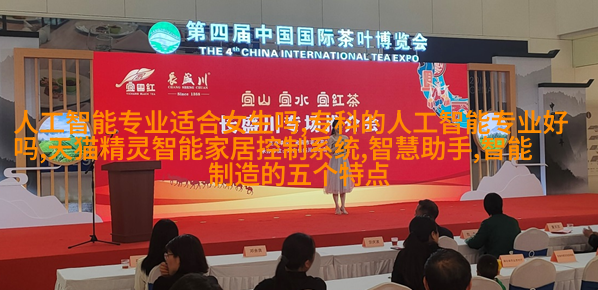在航空航天领域,随着全球气候变化问题日益凸显,传统化石燃料依赖的航空运输方式被迫转向更加清洁、高效的能源解决方案。电动飞机和氢燃料电池技术作为未来航空业低碳发展的重要方向,其潜力巨大,但也面临诸多挑战。本文将对这两种技术进行深入分析,并探讨其在实现绿色出行方面的应用前景。

电动飞机:零排放与高效能量利用
1.0 电动飞机概述

历史回顾

自20世纪初以来,人类一直梦想着通过空中交通连接世界,每一代发明家都为此付出了巨大的努力。

当前进展
在过去几十年里,电子设备、材料科学以及设计工程等领域取得了长足的进步,为推广使用更为先进、环保的航空科技奠定了基础。
2.0 技术特点与优势
零排放
与传统内燃机相比,电动飞机会产生极少量或完全无污染物排放。
高效能量利用

电源转换过程中的损耗较小,因此能量转换率远超于传统内燃机系统。
3.0 应用前景与挑战
应用前景
随着锂离子电池成本下降,以及储存容量提升,可重复充放电次数增加,这些因素共同推动了电动汽车市场快速增长同样适用于预期高速发展中的民用及商业航天领域。
能够实现从城市中心到机场门口全程无缝连通,即便是在没有标准化充电站的情况下,也可以通过车载充电器完成短途旅行。
挑战
当前的锂离子储能限制了续航能力,使得现阶段无法满足长途跨国航线需求;需进一步研发更高性能且经济可行性强的大容量储能技术以克服这一瓶颈。
现有供货链不足以支撑大量生产并提供所需数量级别的大规模制造要求,对应需要政府支持政策制定来促进产业升级和供应链建设。
氢燃料電池技術:無尾氣與可持續發展
hydrogen as a fuel source for aviation: zero-emission and sustainable development
Hydrogen technology overview:
Hydrogen, the lightest element in the universe, is a clean energy carrier that can be used to power aircraft with zero emissions.
Advantages of hydrogen fuel cells:
Zero-emission operation: The only byproduct of hydrogen combustion is water vapor.
High efficiency: Hydrogen fuel cells convert chemical energy into electrical energy with high efficiency, resulting in less waste heat compared to traditional fossil fuels.
Abundant resource: Hydrogen is the most abundant element in the universe, making it an ideal choice for future transportation systems.
Challenges facing commercialization:
Infrastructure limitations: The lack of widespread infrastructure for producing, storing, and distributing hydrogen hinders its adoption.
Energy density challenges: Currently available storage technologies have limited capacity to store large amounts of hydrogen onboard aircraft.
Technical hurdles: Developing more efficient and lightweight components will be crucial for practical applications.
Conclusion:
As we move towards a low-carbon future in aviation, electric airplanes and hydrogen fuel cell technologies are promising solutions that offer significant environmental benefits while addressing pressing sustainability concerns globally.
Both technologies hold great potential but also face considerable technical barriers before they can become commercially viable alternatives to conventional air travel methods.
In conclusion:
Electric airplanes need further advancements in battery technology as well as investment incentives from governments worldwide to build out charging infrastructure on a large scale.
Hydrogen fuel cell technology requires improvements not only within itself but also calls upon government support policies aiming at promoting industry upgrades and supply chain construction alike.
The integration of both these innovative approaches could lead us toward greener skies without compromising safety standards or overall mobility options while opening up new opportunities across various industries such as logistics delivery services; passenger transport companies; even military operations where speed remains paramount alongside reducing their carbon footprint.
Thus through this article's exploration into two emerging technological solutions we envision how their strategic implementation may help transform our world by driving forward environmentally responsible aviation practices – paving way toward cleaner airspaces around us all tomorrow morning.